Why stories are the best way to convey information, what makes them unique, and how they affect the audience—these and other questions were considered by participants in the National Union of Journalists of Ukraine (NUJU) webinar titled How Storytelling Helps Journalists Convey Information In Modern Conditions. It was conducted by a journalist, lecturer, storyteller, and author of the book Tell a Story. Tips on Storytelling, Tamara Kutsai.
The webinar, held as part of the NUJU training course titled Strengthening the Resilience of Frontline Media as a Tool for Combating Disinformation, brought together almost 50 participants from across Ukraine.
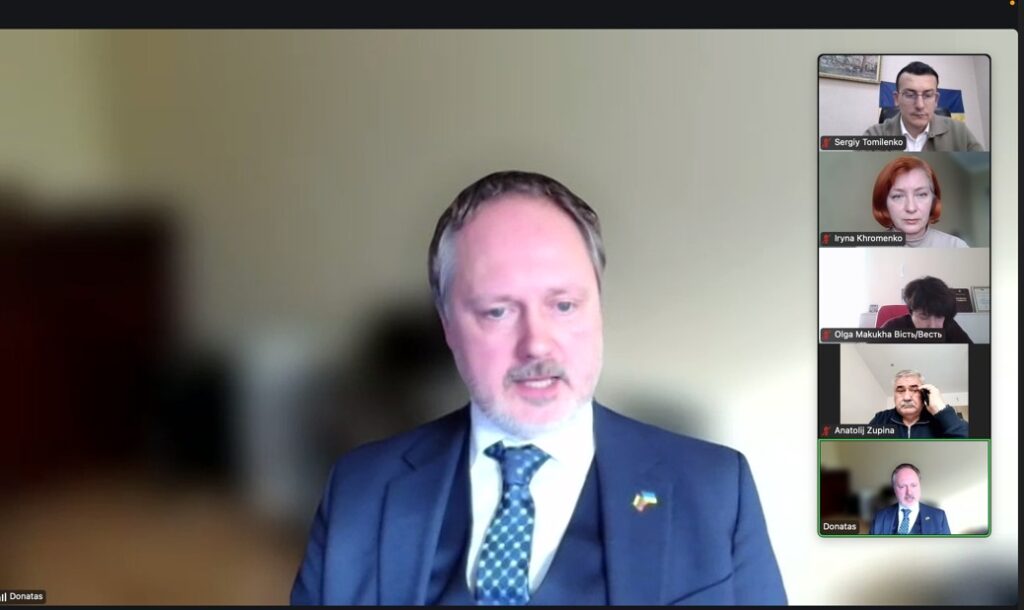
The event was joined by the Deputy Head of Mission at the Embassy of the Republic of Lithuania to Ukraine, Donatas Butkus. After all, it is with the support of the Embassy that NUJU implements this training project for newsrooms from border and frontline regions.
“Russia spends billions to spread its narratives. Journalists in Ukraine are the first to feel it and the last line of defense against manipulation,” said Donatas Butkus. “Lithuania has been dealing with russian disinformation since we gained independence.”
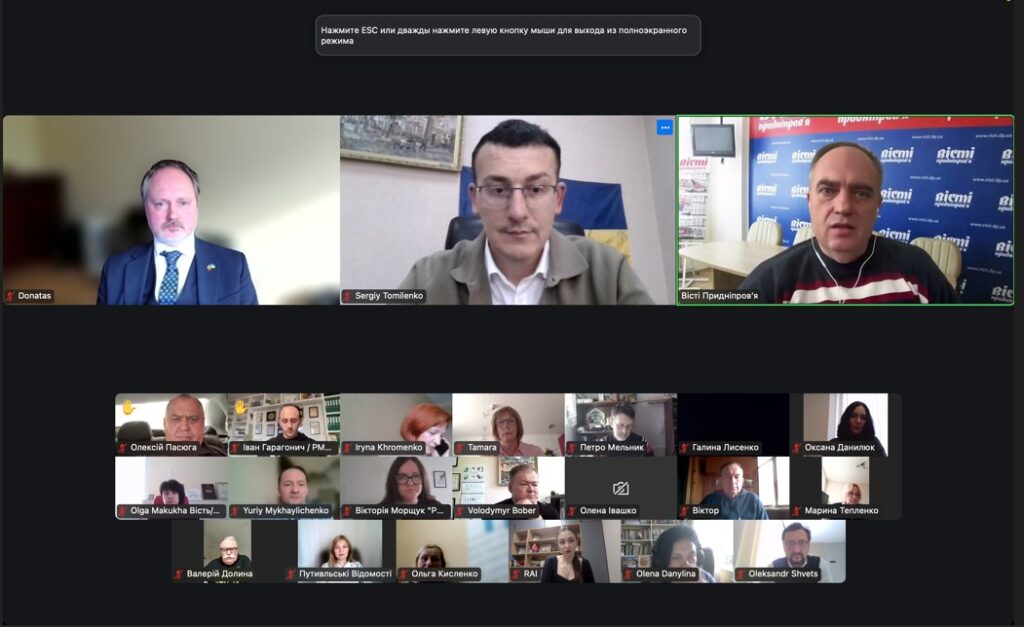
There is no single recipe for combating russian propaganda, Mr. Butkus emphasized, but, for example, Lithuania once blocked all russian TV channels that were quite popular among the population. Lithuanian journalists now prepare russian-language content. In addition, considerable attention is paid to media literacy: students, schoolchildren, and journalists learn to recognize false information in special courses.
Ivan Harahonych, the editor-in-chief of the Panorama newspaper from Zakarpattia, emphasized that russian propaganda is a pressing problem not only for frontline regions, but also for rear areas.
The participants were also interested in further projects that the Republic of Lithuania plans to implement in Ukraine.
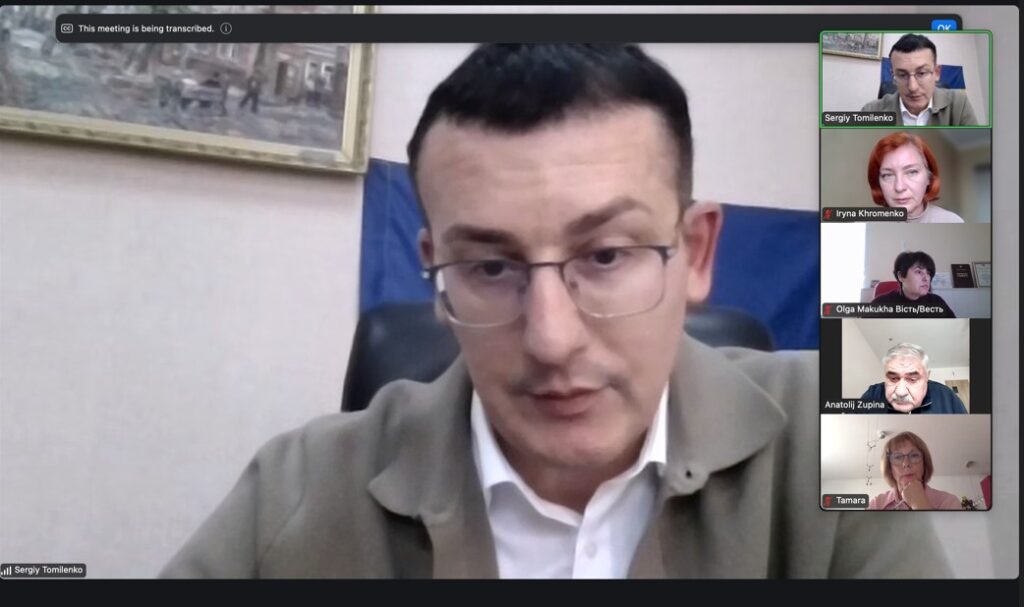
According to Sergiy Tomilenko, the President of the NUJU, together with the Embassy and Lithuanian colleagues, the Union is developing joint initiatives to support Ukrainian media, because the russian threat is not only a local Ukrainian problem, but also a problem for the entire civilized world.
During the practical part of the webinar, participants were introduced to the principles of preparing and writing stories, which, according to media trainer Tamara Kutsai, can also serve as a tool for critical thinking.
“When they ‘paint’ a certain picture for us, give us ‘convincing’ numbers, but this is not the truth. With the help of stories, we can demonstrate that in reality, everything is different. By looking closely at the stories, analyzing them, we discover a lot of new things for ourselves,” the speaker emphasized.
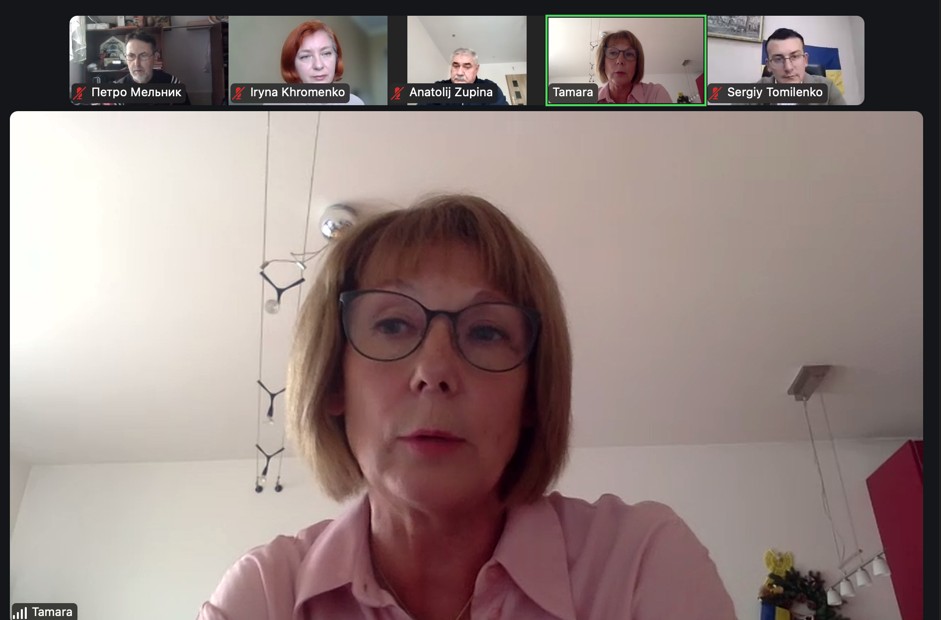
More detailed information about the conversation with Donatas Butkus, as well as the principles of storytelling and advice from Tamara Kutsai, will be published in the following publications on the NUJU resources.
The project is funded by the Embassy of the Republic of Lithuania in Ukraine within the framework of the Development Cooperation and Democracy Promotion Programme.


 THE NATIONAL UNION OF
JOURNALISTS OF UKRAINE
THE NATIONAL UNION OF
JOURNALISTS OF UKRAINE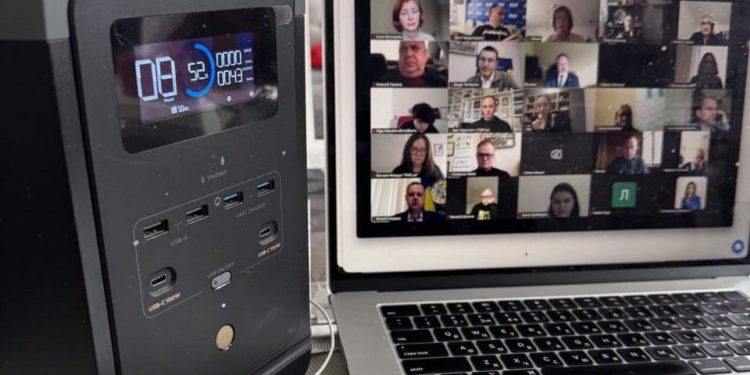
















Discussion about this post